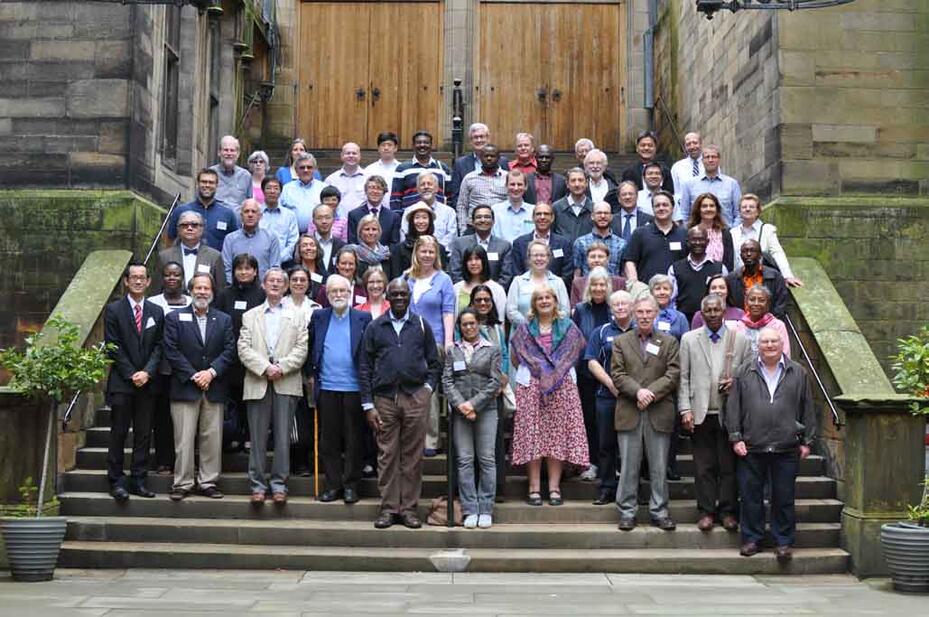New College, University of Edinburgh, June 23-25, 2016

Perhaps the most significant shift discernible in the historiography of the missionary movement over the last few decades has been the progressive transfer of scholarly attention from the Western missionaries themselves to indigenous hearers, receptors, and agents. It is high time that this welcome development should be reflected explicitly in the theme of the Yale-Edinburgh Group’s annual meeting. Responses to missions were almost always multi-faceted and only rarely can be described without qualification as either ‘acceptance’ or ‘rejection’. Indigenous peoples responded selectively to both the missionaries’ presence and their message. Sometimes they welcomed the former, for a variety of instrumental reasons, while being obstinately indifferent to the latter. On other occasions – particularly in the twentieth century – they appropriated the gospel itself while being less than enthusiastic about the continued presence and claims to religious authority of those who had first brought it. Where the Christian message was appropriated, it was, necessarily, received and interpreted in dialogue with the host people’s existing categories of spiritual power or sanctity, resulting in myriad translations and revisions of the message as well, of course, as transformations of the existing religious frameworks.
Our theme should stimulate papers from a great variety of periods and from every continent. It embraces the story of the early Jesuit missions in India and China – where critics of the methods of de Nobili or Ricci (many of them themselves Jesuits) pointed to the paucity of conversions as an indictment of their stratagems of making the representatives of Christianity appear as little like foreigners as possible. It invites papers on antiforeign reactions to Western missions in China, Korea or Japan, but equally on the subsequent fashioning of a range of East Asian appropriations of Christianity. In India especially, the phenomenon of people movements deserves further attention, as corporate responses to the liberating promise of the gospel questioned missionary understandings of the individual nature of Christian conversion. For the oral cultures or Africa and the Pacific, our theme presents the historian with particular methodological challenges. What we know of the reasons for indigenous responses to missions, we know only through the records of the missionaries themselves or, less frequently, from the surviving writings of those Africans and Pacific islanders who became literate – who were by definition those who had accepted at least some aspects of the missionary package. It is hoped that we shall hear papers on the distinctive responses of women, of younger people eager to become ‘readers’, and of elders concerned to find the path of wisdom for their communities in new and trying circumstances. Other possible dimensions of the topic include local responses to missionaries who were not from the West, such as Polynesians in Melanesia or Pentecostal evangelists in Catholic Latin America. In the twentieth century, the transformative revisions made by Africans to Pentecostal and Zionist traditions transplanted from North America are attracting increasing academic attention.
In short, the theme for 2016 brings us close to the heart of the transition from missions to world Christianity. It is a theme ripe for harvest, and we all look forward to sampling the crop.
Andrew Walls, Lamin Sanneh, and Brian Stanley, September 2015
| Attachment | Size |
|---|---|
| 366.59 KB |